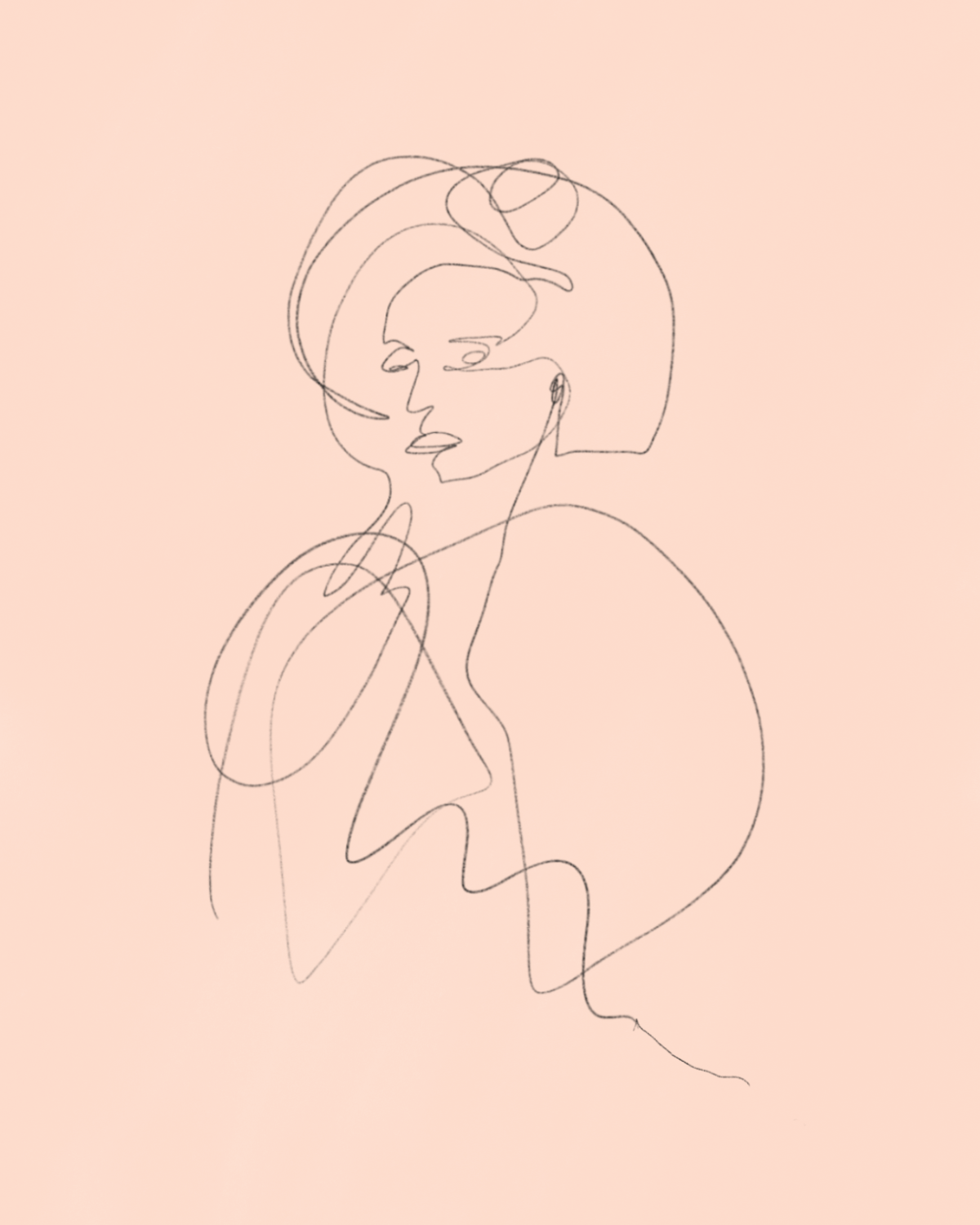The Good Feminist
The emails started flooding my inbox on November 13th, 2016. That’s how my mother always communicates. Colleagues, friends and daughters alike, there is no exception to her long-winded online correspondence. That’s why it was to my surprise that the first email was just a link to a bus schedule: tickets from Durham to DC. I started putting the pieces together as the email chain grew longer. She sent, “we’re going to DC for the march, let me know if you’re looking to bring anyone, I’m trying to find housing now.”
After Donald Trump’s election on November 8th, 2016, everything felt like a fog for a few days. The fleeting thought that my grandmother will never live to see a female president is the extent of what I can remember from that week. More than anything, I wanted to be around the women in my life – my mother, my sisters, my grandmother, anyone that could understand. I did not want to talk about the election, I just wanted to take comfort in their presence and familiarity.
My mom raised my sisters and I to believe that women can do anything that men can do. She constantly reinforced her role as the matriarch and pushed back against the self-doubt that we experienced growing up. Still, as she worked to organize this group of women to get to DC and state their beliefs, I found myself questioning her commitment to the cause. I rolled my eyes when she spoke about politics and felt embarrassed when she continued to invite other women march alongside her. Regardless of what came out of her mouth, I found myself thinking over and over again, ‘you have no idea what you’re talking about.’
The problem, I realized, was that I could not separate the woman, an individual who cared deeply about the state of our nation, from the mother, who I thought only cared deeply about the state of her children. Though she tried her best to raise her daughters to let go of the expectations of timidity and maternalism so frequently placed on the shoulders of women, I could not do the same with her. Growing up, I had the privilege to believe that my parents’ lives and my mother’s life in particular revolved around me. In many ways I was right. She was at every soccer game, dance recital and open house for my sisters and me. She drove half an hour every day across town from her job to my school to pick me up even though my dad made his own schedule and worked from home. She wanted me to know that I was her first priority. A naturally non-confrontational woman, my mother’s dark side has only come out when she felt the well-being of one of her daughters was under threat.
At this march that was meant to build up women and declare some semblance of our own agency in this hyper-masculine world, I was doing exactly the opposite. It is so easy to be a “good feminist” when it comes to strangers; it is so easy to remove the judgement and to simply support when your life is not deeply integrated with another woman’s. It wasn’t until I saw her standing among long-time friends, family members and complete strangers that things made sense. Before anything else, my mother is an individual. She is a resilient, inspiring woman who has lived through decades of misogyny – the degree to which I will never be able to fathom. Her life, and the lives of all women that came before me, had been partially lived for me. These women have made it possible to live a life that is far easier than theirs was.
Last month, my mother once again rose to the occasion. After the shooting in Parkland, she, like so many others, decided that enough was enough. Even though my first instinct was to lecture her about the whitewashing of gun violence and resist her efforts to rally, I stopped myself. As we stood once again in Washington, D.C. and listened to a deeply moving coalition of gun control advocates from all over the country, I took another long look at my mother. For the first time in my life, the maternal facade that had always been there melted away and I saw someone that cared about the same things that I did. I saw a citizen that was fed up with the inaction of her government. I saw an activist that deeply cared about the voices of those affected by the constant toll of violence. I saw a mother that was terrified for the safety and security of her own children. Mothers, just like their daughters, are dynamic, complicated individuals. I am thankful that I now have the opportunity to see beyond the 20 years she’s given to me and into the years of growth that she had as a woman long before I was even alive. Today when I walk with my mother I try to remember all she has taught me and hold close to my heart all she has been through.
By Madelyn Reed Winchester
Duke Student, future beekeeper and beef-keeper with the electoral college.
Illustrations by Coral Monday





